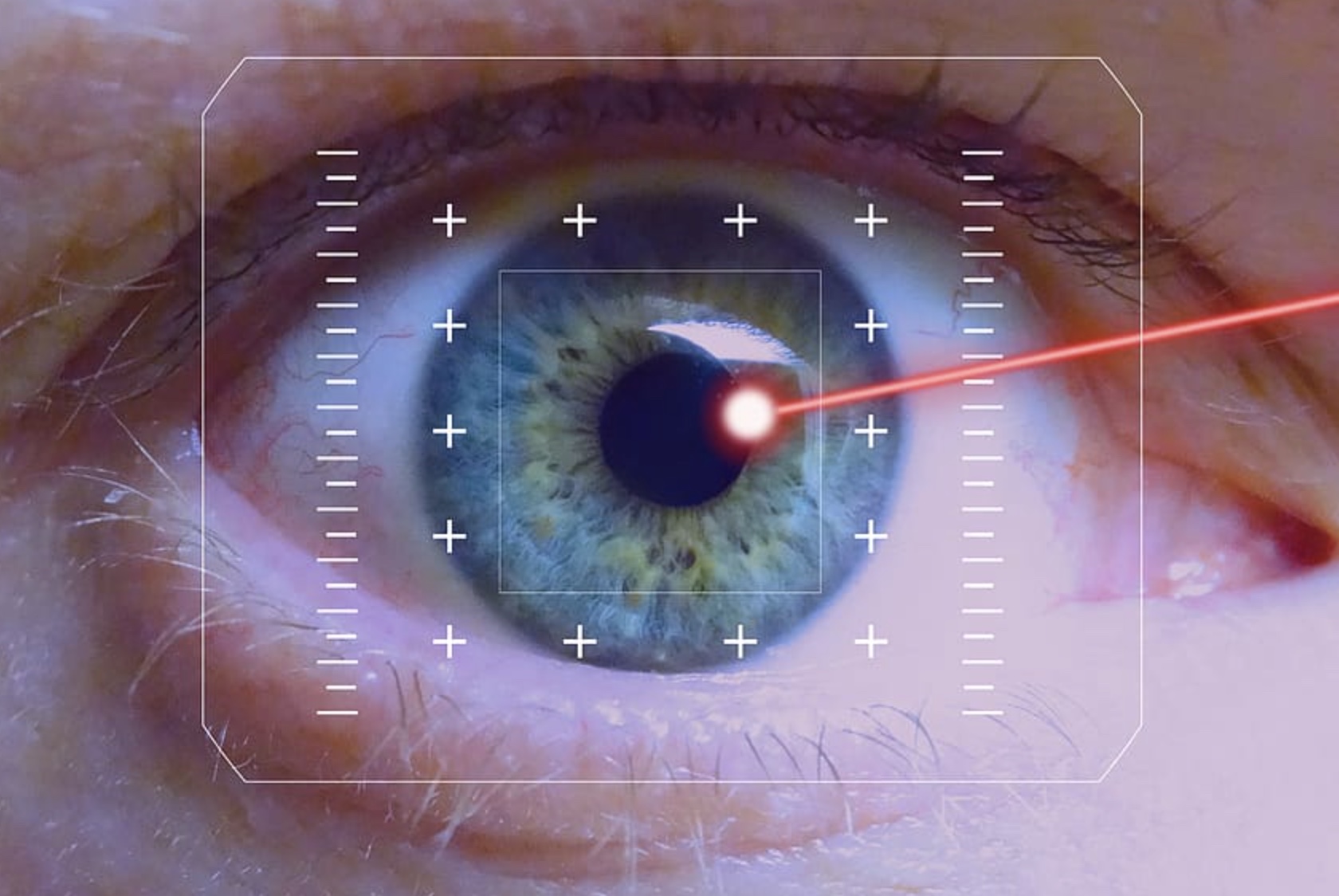As we age, the muscular power of our eyes declines, making it harder to see objects that are near us. Laser surgery can be used to fix this and treat a myriad of different vision conditions.
Adjustments are made to the cornea via a precision laser to rectify your vision impairment. There are also many different types of laser surgery to choose from, including ReLEx SMILE, LASEK, and LASIK.
Here, we will discuss whether or not laser eye surgery can correct reading issues.
Chapter Overview
What are the Common Types of Vision Problems?
Myopia is caused by the cornea being too curved or the eyeball being too long. Also known as nearsightedness, people with myopia will have trouble seeing items far away from them, such as letters on a road sign or blackboard.
Hyperopia is caused by the cornea being too flat or the eyeball being too short. It is also known as farsightedness, and a person with hyperopia will have trouble seeing letters or objects close to them, such as words in a book.
Astigmatism involves a cornea shaped like a football instead of being uniformly curved. The result is that multiple focal points are created, causing both far and close objects to appear blurry and bent.
The aging process usually causes cataracts. When the proteins in your eyes begin to form clumps, they will impede light from travelling through the eye to the retina as intended.
They may cause blurred vision or vision that is clouded. They may also cause eye pain and eye inflammation. They also increase the risk for glaucoma and will often lead to complete blindness if left untreated.
Diabetes, eye injuries, smoking, obesity, high blood pressure, and having a family history of cataracts may also lead to cataracts.
Role of Laser Eye Surgery in Improving Reading Vision
Laser eye surgery can treat a wide array of eye-based medical conditions.
Laser vision surgery has made great strides in recent decades. It is a safe, effective, affordable, and popular treatment modality used to treat myopia, presbyopia, hyperopia, astigmatism, cataracts, and other eye disorders.
LASIK currently makes up 90% to 95% of all the corrective eye laser procedures in the country. The surgeon alters the shape of the cornea to achieve the desired result. A tiny hinged flap is made with a microkeratome or a specialized laser.
The corneal flap is then gently folded back to expose the stroma. A section of the stroma is removed via pulses generated by a state-of-the-art excimer laser controlled by a computer. The flap is then replaced.
PRK involves the extraction of small quantities of tissue from the outermost surface of the patient’s cornea. It is a refractive form of eye surgery that extracts the cornea’s outer covering before carefully reshaping it.
LASEK combines PRK and LASIK technology. People who are not eligible for LASIK may need to opt for LASEK instead. LASEK involves a much thinner flap than LASEK.
It is gently moved aside before the surgeon meticulously uses a leading-edge laser to reshape the patient’s cornea.
LTK is commonly used to treat patients who have astigmatism or farsightedness. Heat is used to reshape the patient’s cornea, and LTK is considered a minimally invasive form of laser eye surgery.
The risk of vision loss or eye infection is virtually zero, as LTK is a no-touch form of surgery. As can be seen, there are many different vision correction procedures to choose from.
Can Laser Eye Surgery Correct the Need for Reading Glasses?
Yes, laser eye surgery has a very high success rate for rectifying reading vision problems. Most patients will no longer need contact lenses or reading glasses after successfully undergoing the procedure, as the results are usually permanent.
There are also different LASIK approaches to consider. For example, blended vision is designed to remedy the eyes for varying distances.
In other words, both of the patient’s eyes will be set to an intermediate vision setting, ensuring that both eyes will share common prescriptions and abilities.
Vision Matters
Regular eye checkups can quickly diagnose and treat eye problems before they become serious or permanent.
You can help improve your eyesight by avoiding smoking and drugs, eating a healthy and balanced diet, getting regular eye checkups, drinking plenty of water, getting 7 to 8 hours of sleep a night, using the proper eyewear, and getting corrective vision surgery.
Sources:
Health Condition: Symptoms, Causes, Treatment and More (msn.com)
Three Common Vision Problems (visionsource.com)
Can Laser Eye Surgery Correct Reading Vision Problems? – Optegra

